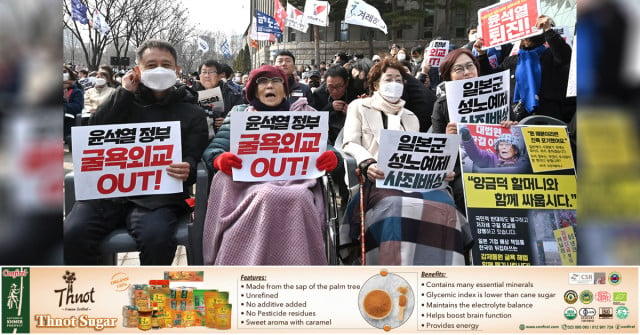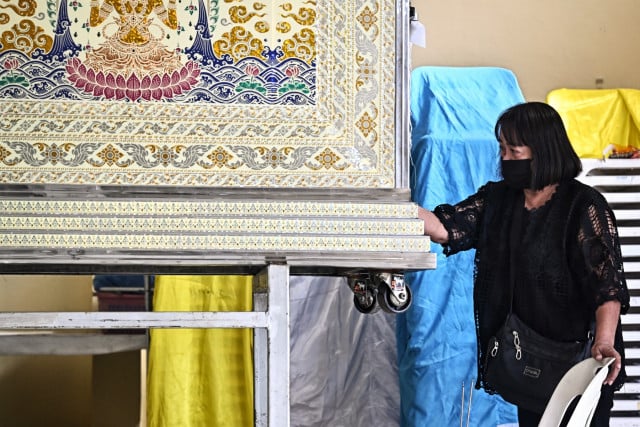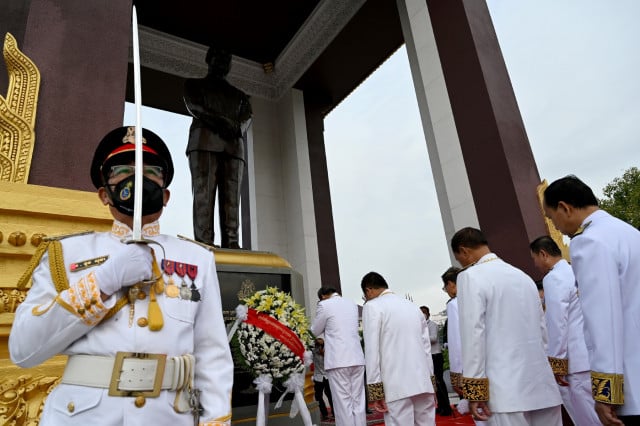No Appeal by Japan after Ruling for Wartime Sex Slaves: S. Korea

- By Agence France-Presse (AFP)
- December 9, 2023 5:25 PM
Seoul, South Korea -- A South Korean court's ruling that ordered Japan to compensate 16 women over forced wartime sexual slavery has been "finalised" as Tokyo did not appeal, Seoul's foreign ministry said Saturday.
Mainstream historians say up to 200,000 women -- mostly from Korea, but also other parts of Asia including China -- were forced to become sex slaves for Japanese soldiers during World War II.
The issue, part of the countries' historical disputes over Japan's colonial rule over the Korean peninsula from 1910 to 1945, has long plagued bilateral ties between the two US allies.
The November 23 ruling overturned a lower court's decision that had dismissed the case, and ordered Tokyo to pay around 200 million won ($152,000) to each of the Korean complainants.
Japan's Foreign Minister Yoko Kamikawa said at the time the ruling was "absolutely unacceptable" and "clearly contrary to international law and agreements between the two countries".
South Korean media reports said Saturday that Tokyo's decision not to appeal was a continuation of its campaign to dismiss and minimise such rulings, as Japan has long claimed "state immunity" under international law, arguing it is not subject to the jurisdiction of courts in other countries.
Seoul's foreign ministry said the court ruling "was finalised today as there was no appeal from the Japanese government, the defendant".
"The South Korean government will continue making efforts to restore the honour and dignity of the comfort women victims, while ensuring that South Korea and Japan continue to cooperate in a future-oriented manner," it added in a statement, using a euphemism referring to sex slaves.
Tokyo has insisted that a 1965 treaty, under which the two countries restored diplomatic ties with a reparations package of about $800 million in grants and cheap loans, settled all claims relating to the colonial period.
Despite the lingering historical disputes with Japan, South Korea's conservative government has expanded its military cooperation with both Tokyo and Washington to counter increasing threats from nuclear-armed North Korea.
The three allies announced on Saturday that they have launched "new trilateral initiatives" to counter Pyongyang, including "deepened collaboration" among their coast guards, in addition to a real-time data-sharing operation on North Korean missile launches.
© Agence France-Presse















